From the Editors
Embodied Narrative: Living Out Our Lives
A Voyage Homeward: Fiction and Family Stories—Resilience and Rehabilitation
Healing Bodies with Diverse Minds
Profiles in Professionalism: Interview with Gail M. Jensen, PT, PhD, FAPTA
Poem: Ode to a Stroke, or A Life Altered
Narrative and Perspectives

What is JHR?

Forging a New Future
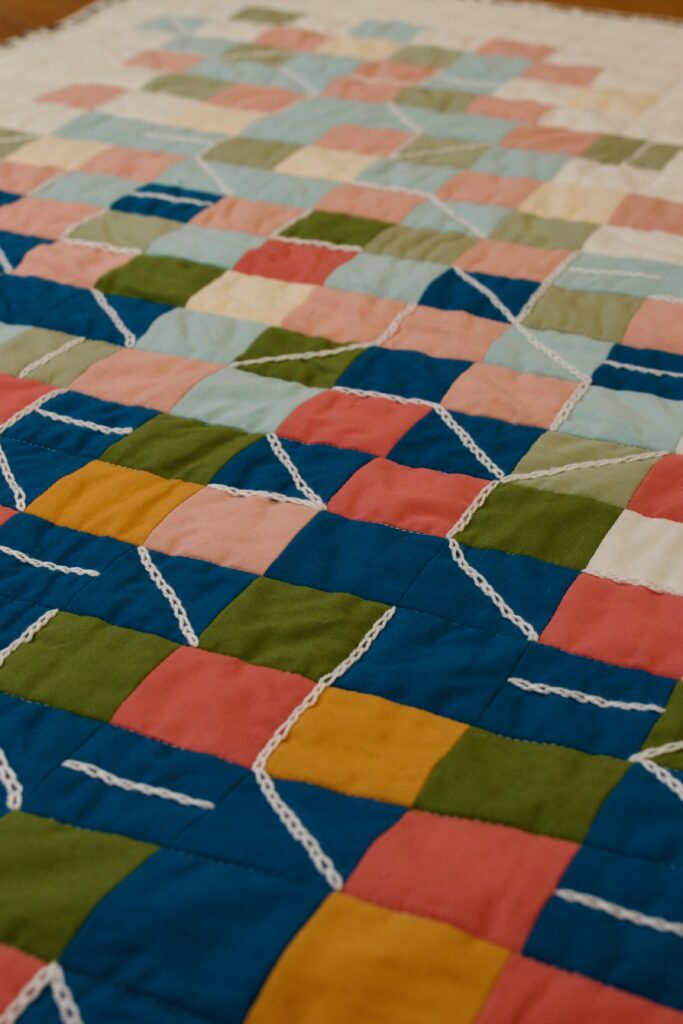
Thinking Through Making
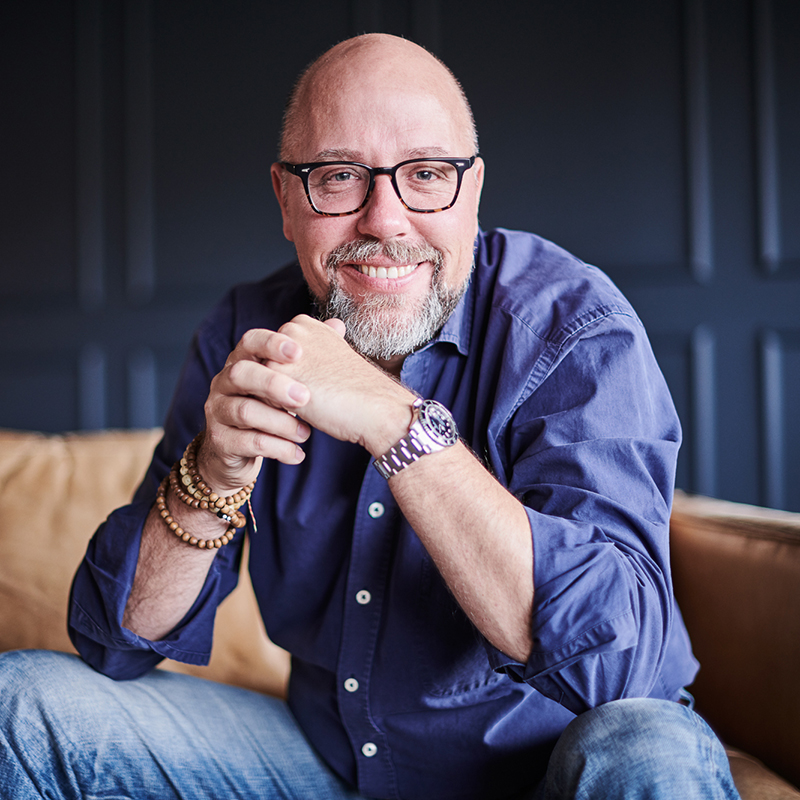
Special Issue - The Disability Equity Summit
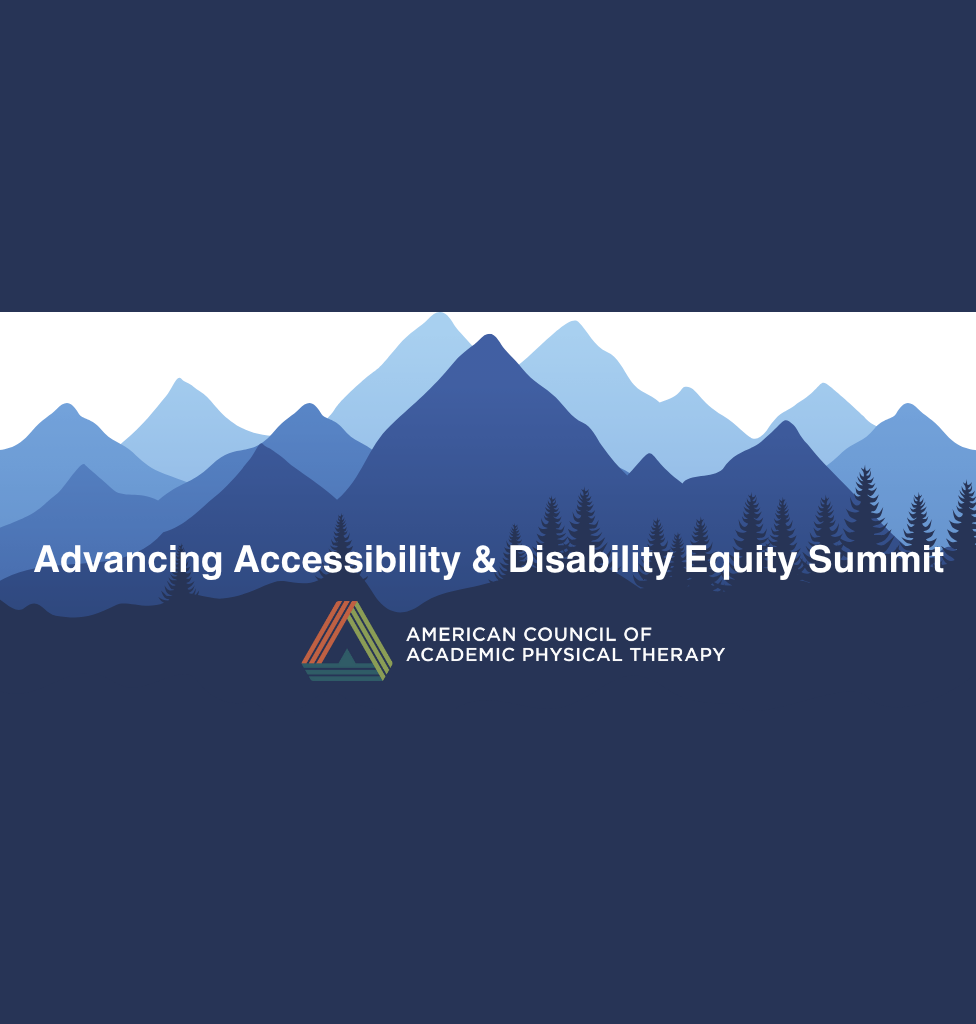
The Advancing Accessibility and Disability Equity Summit: An Introduction and Reflection on Key Take-Aways
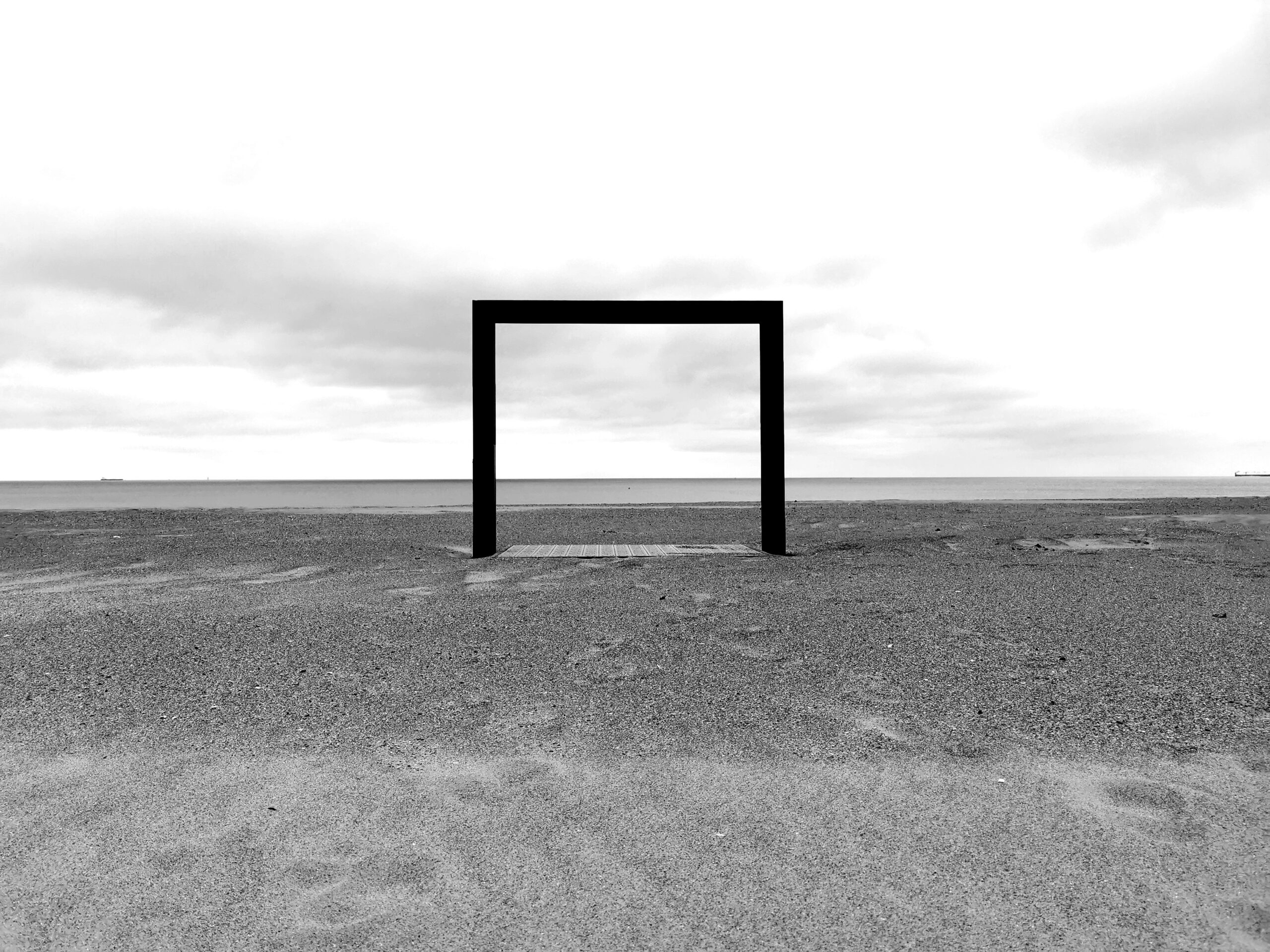
Special Issue Editorial: An Invitation to Reorient and Re-imagine
New and Recently Featured Articles

Invitation from the Humanities: Learning from Voices Outside of Sciences
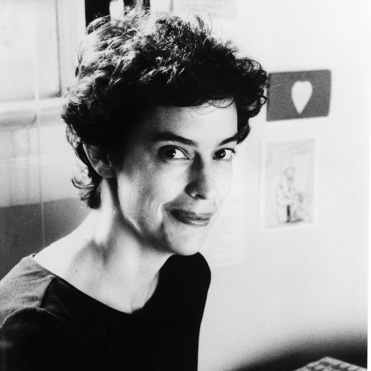
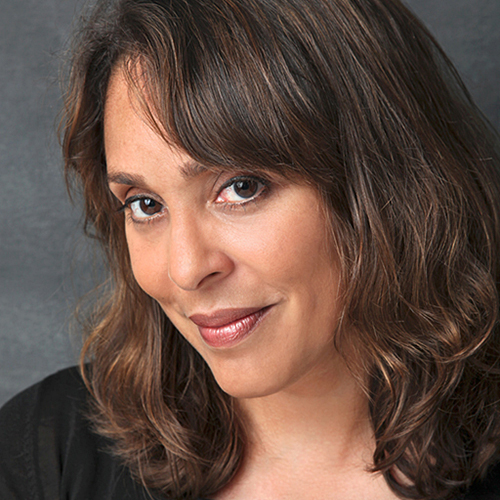
Poet in Profile: Natasha Trethewey

Finding Your Voice Through Poetry
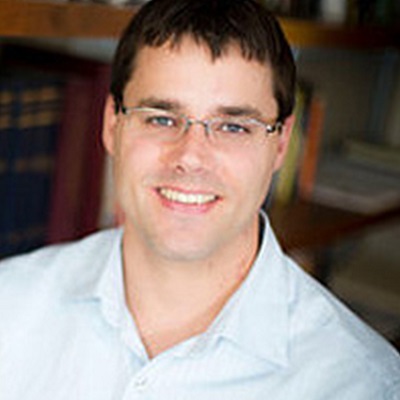
Personhood, Embodiment, and Disability Bioethics in the Healing Narratives of Jesus
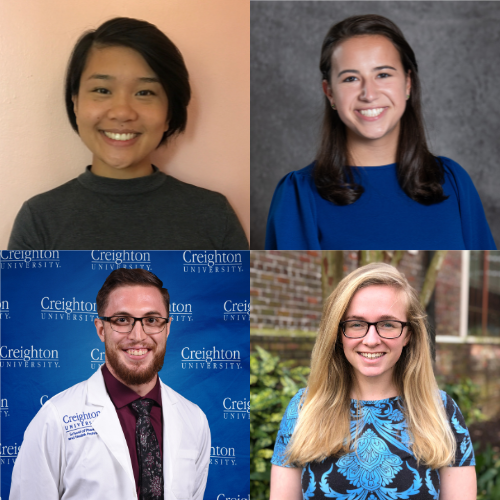
Graduate Student Ambassador Program
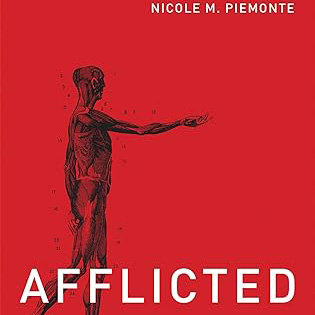
Returning Back to Oneself: Cultivating Vulnerability in the Health Professions
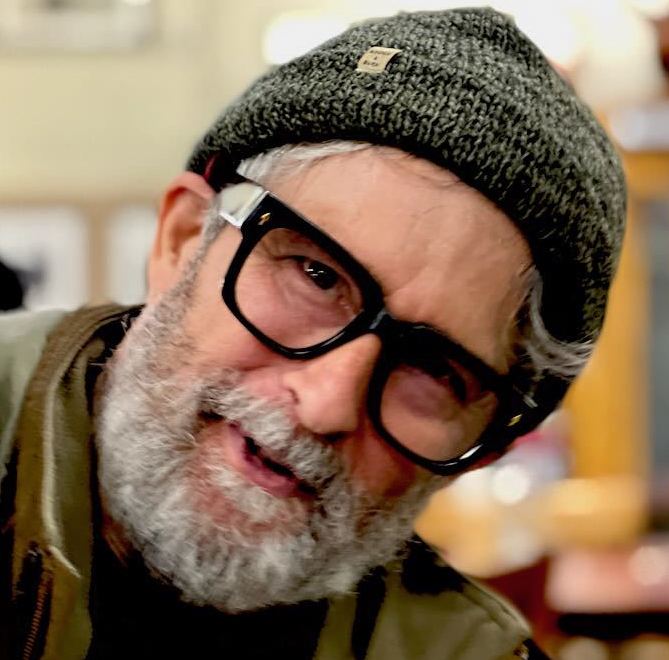
Sumpter
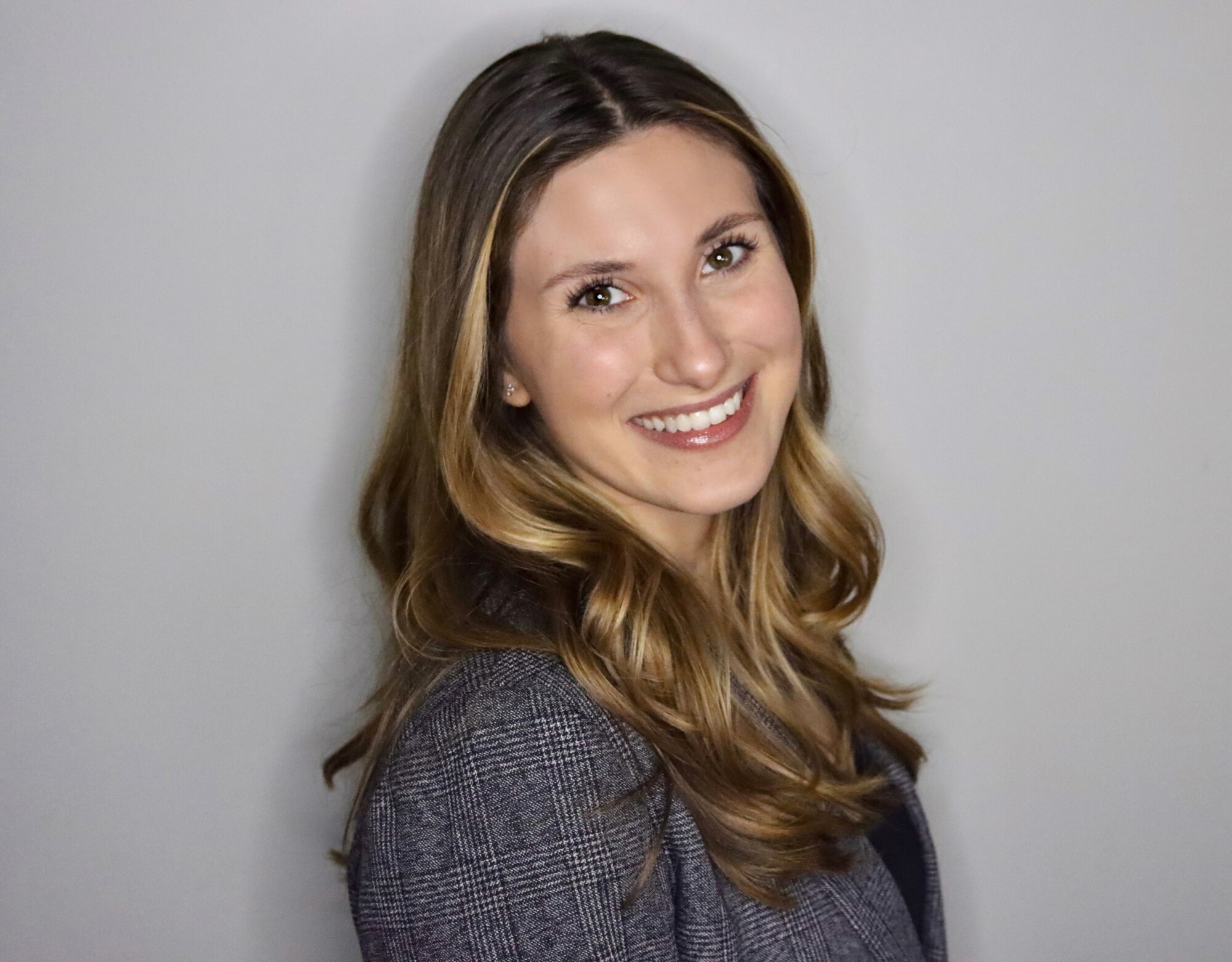
Steps Toward Inclusion for Those Without Words
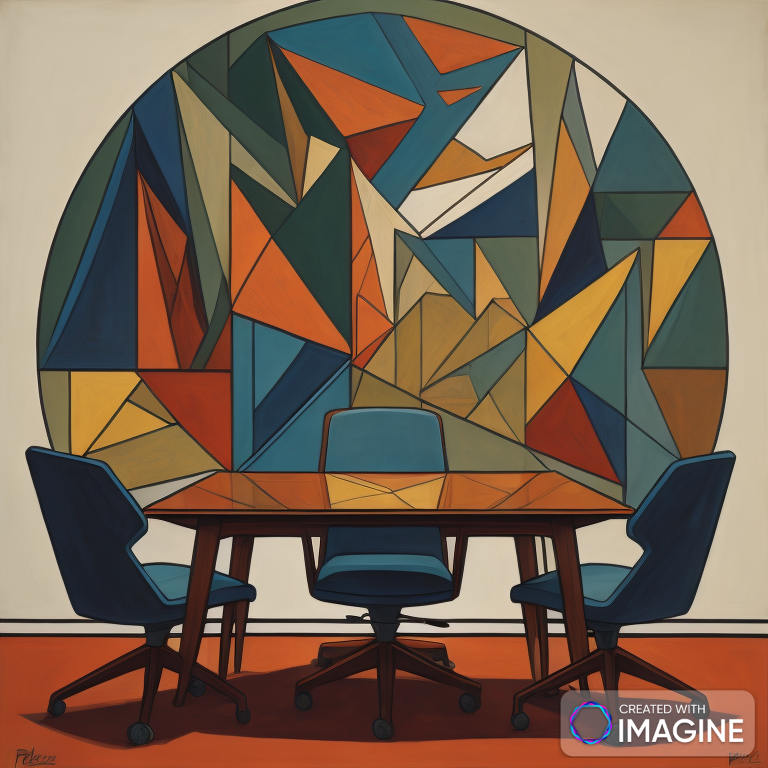
A Seat at the Table: A Reflection on Engaging Disabled People and Their Families in Research and Service Design

From Individuals With Aphasia and Brain Injuries to Poets: How the Book I Don’t Think I Did This Right Came to Be

A Healthy Neck Should Disappear: a Phenomenological Anatomy of ‘Body-With-Neck-in-the-World’ to Inform Clinical Research and Practice
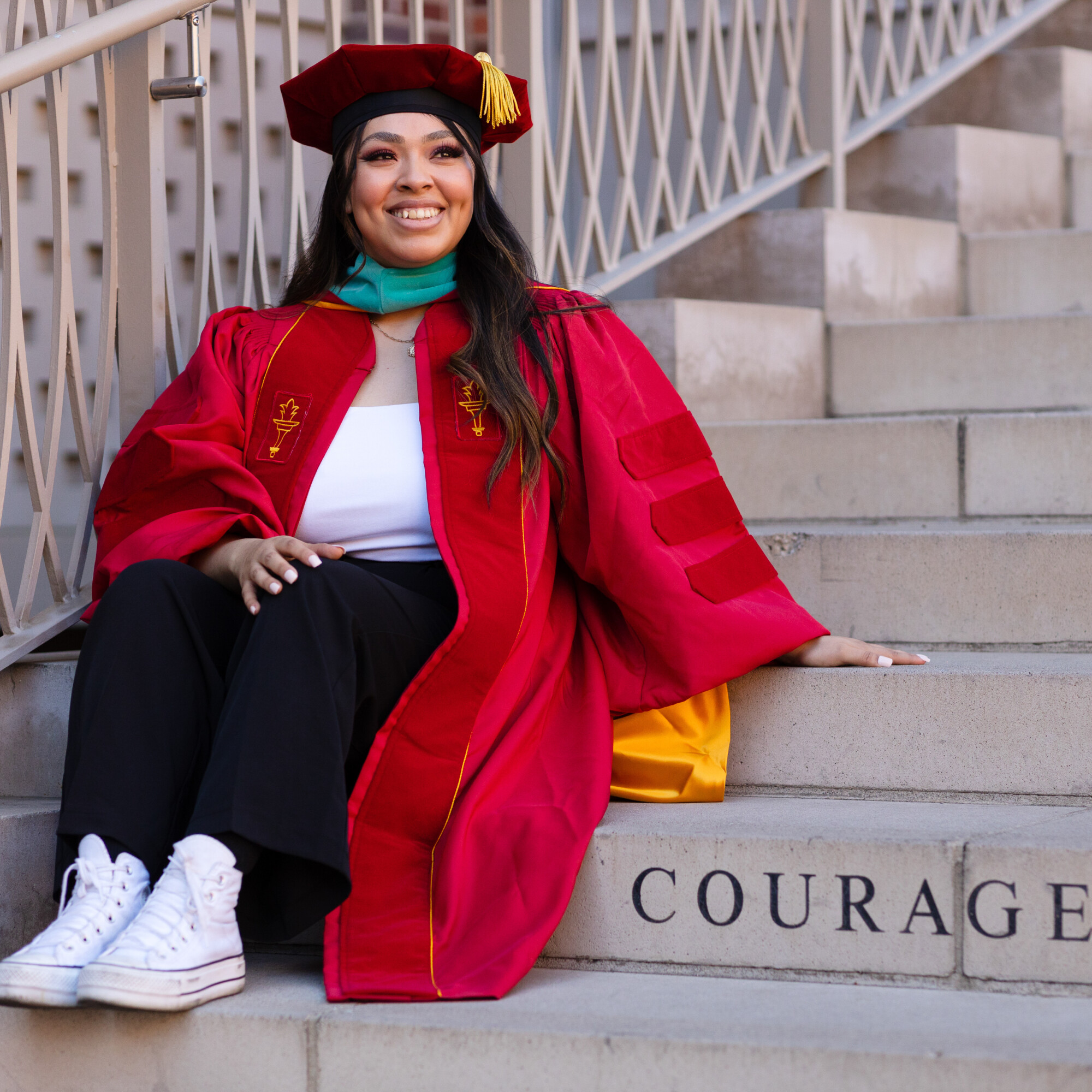
Anxiety
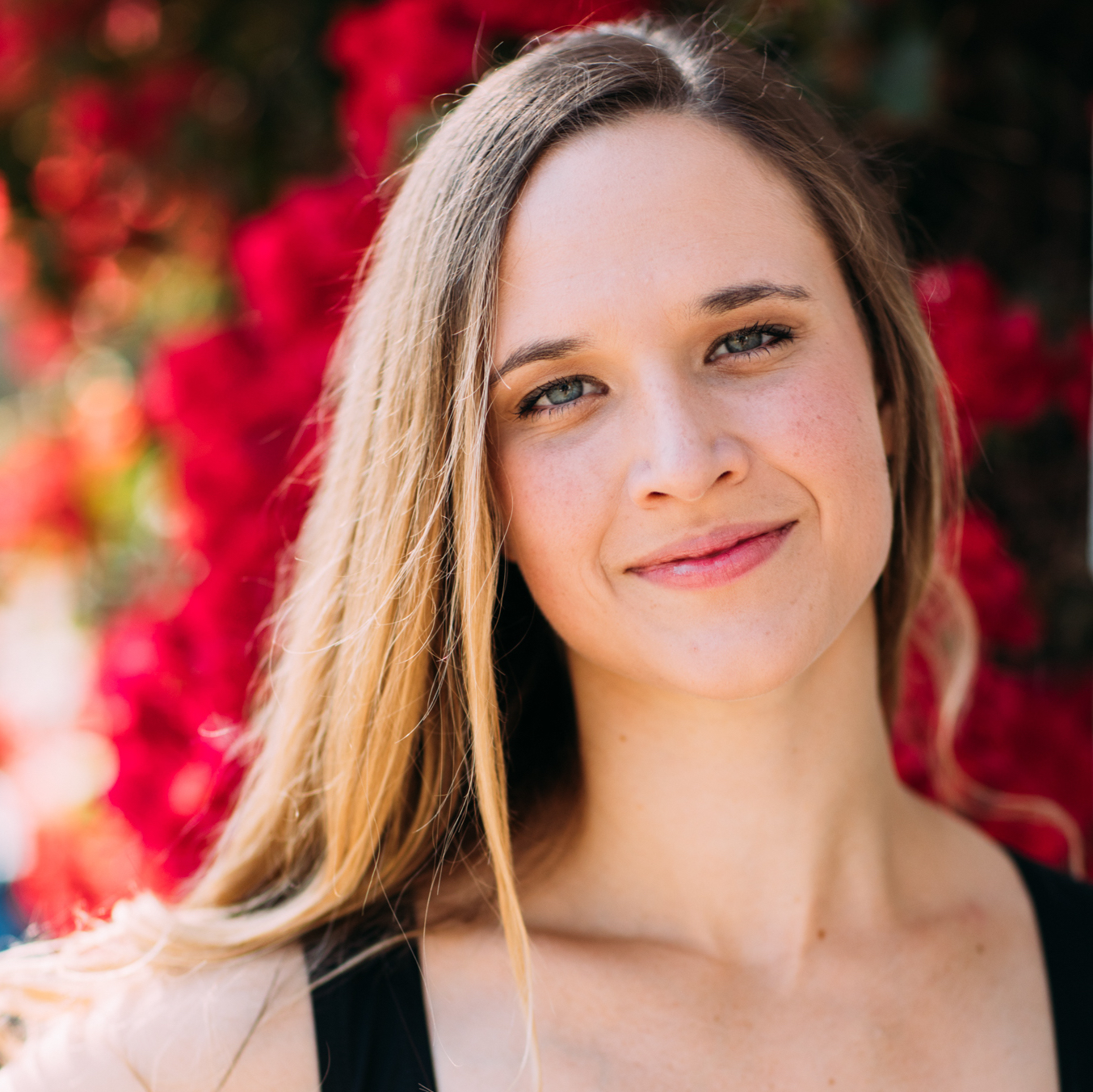
Female CHF 89
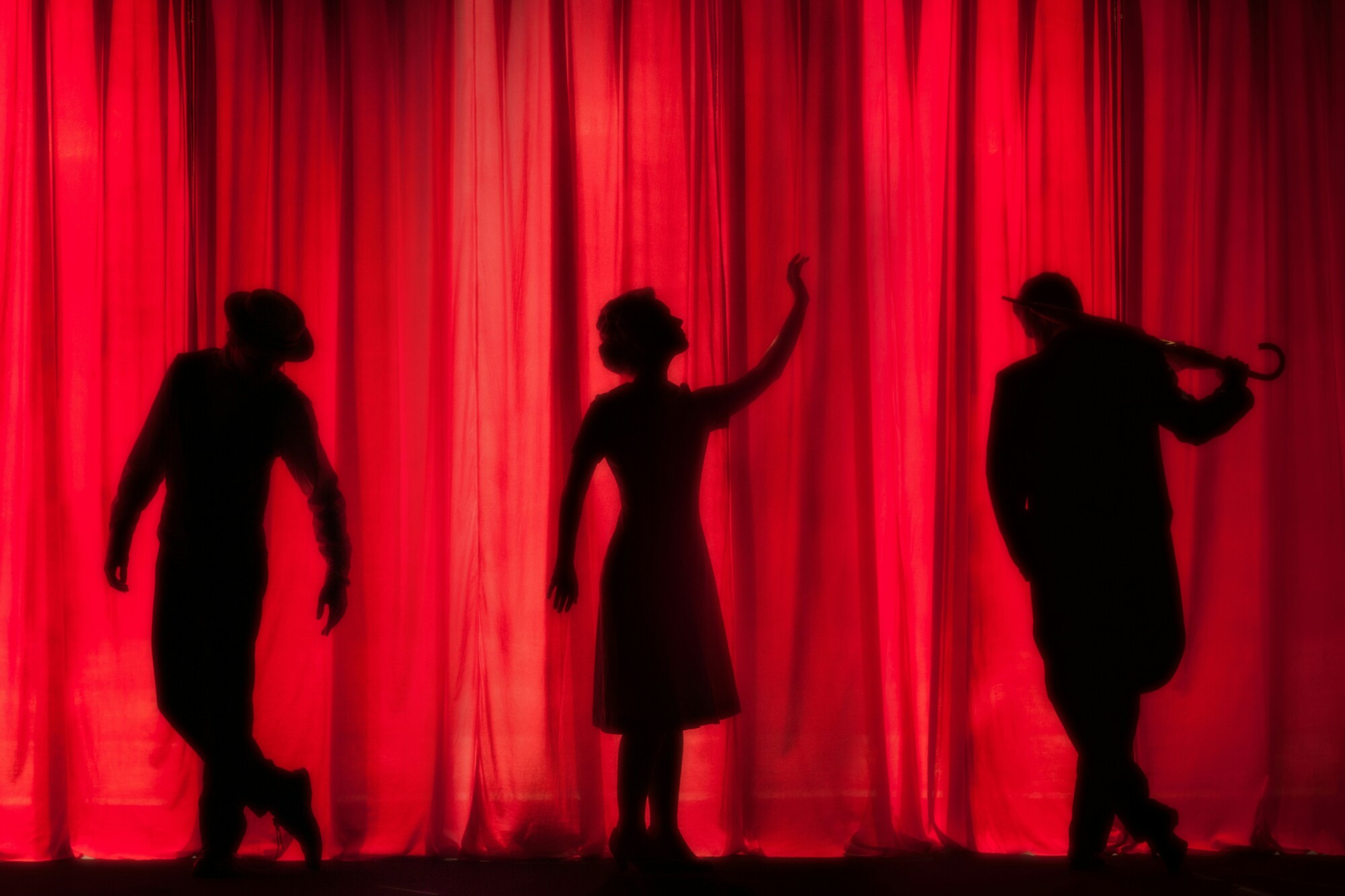
Utilizing Drama to Teach Intervention Strategies for Patients With Alzheimer’s Disease: The Intersection of Humanities and Clinical Science
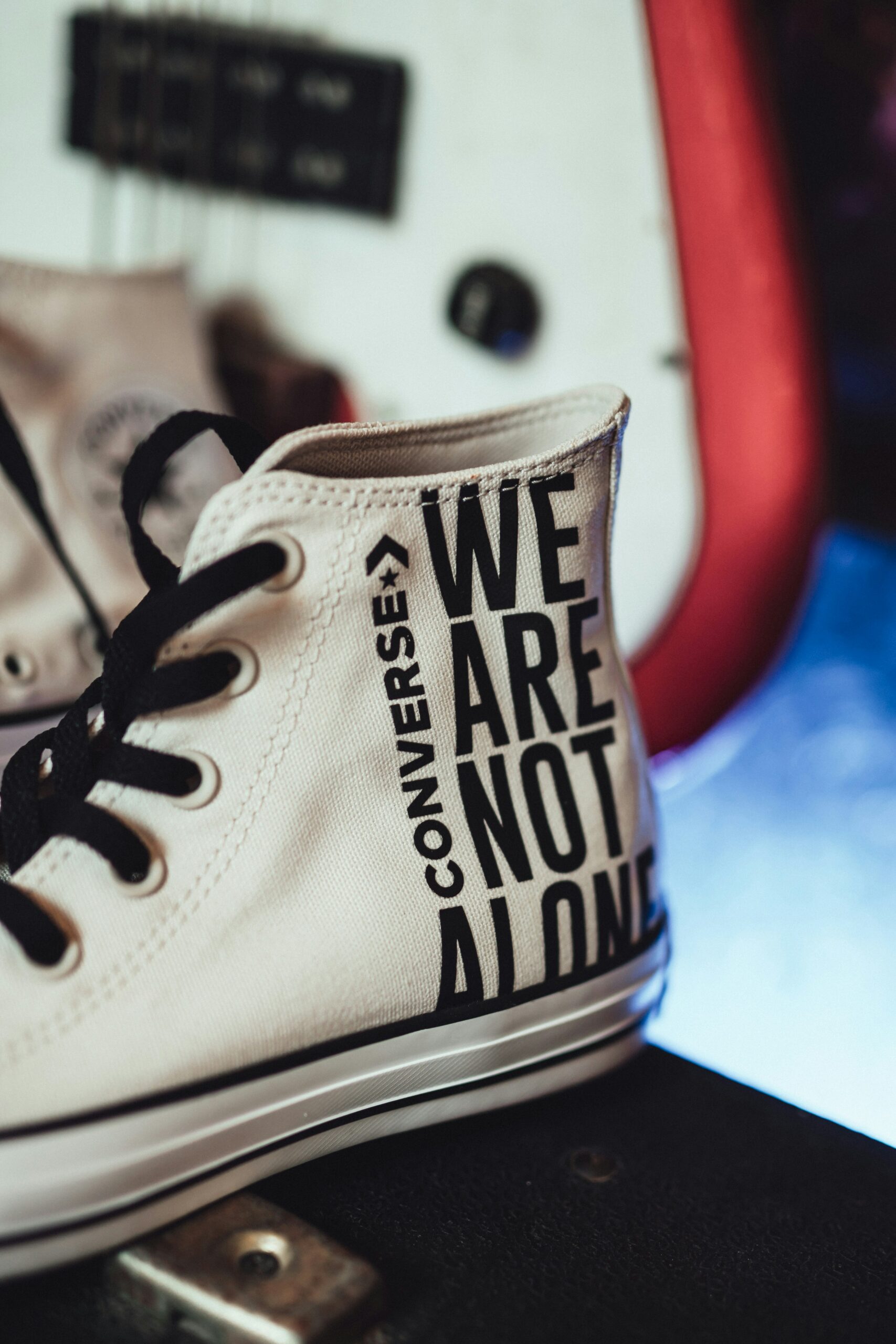
We Are No Longer Alone: Student Panelist Reflections on the Advancing Accessibility and Disability Equity Summit
2025 ACAPT-JHR Student Essay Contest Winner
Congratulations to Doctor of Physical Therapy Student Katie Spencer, SPT (Marist University) winner of the annual Student Essay Contest, co-sponsored by the American Counsel of Academic Physical Therapy (ACAPT) and the Journal of Humanities in Rehabilitation (JHR). The eighth in an annual series, this national contest offers a creative opportunity to ignite critical reflection in Physical Therapy students across the nation to support holistic approaches to patient care. This year’s essay prompt was: “In clinical practice, physical therapists frequently encounter moments of uncertainty—cases where clear answers or established protocols may not exist for a given problem. Navigating this ambiguity requires not only clinical expertise but also the capacity to adapt, reflect, and respond to new and complex situations. The Master Adaptive Learner (MAL) model emphasizes lifelong learning and adaptability in these uncertain moments, encouraging clinicians to continuously reflect, learn, and innovate in their approach to patient care. In this essay prompt, we invite students to describe their experiences of navigating ambiguity and uncertainty in clinical practice or education and offer examples of how their encounters with the health humanities—i.e., engagement with literature, ethics, storytelling, or the arts—have influenced their approaches to healthcare. How have they helped you cultivate the skills to become a Master Adaptive Learner (one who is more reflective, adaptive, and innovative)? How have the humanities enhanced your ability to manage uncertainty with empathy, curiosity, and creativity? In what ways have these disciplines guided your growth as a resilient and adaptable clinician in training?
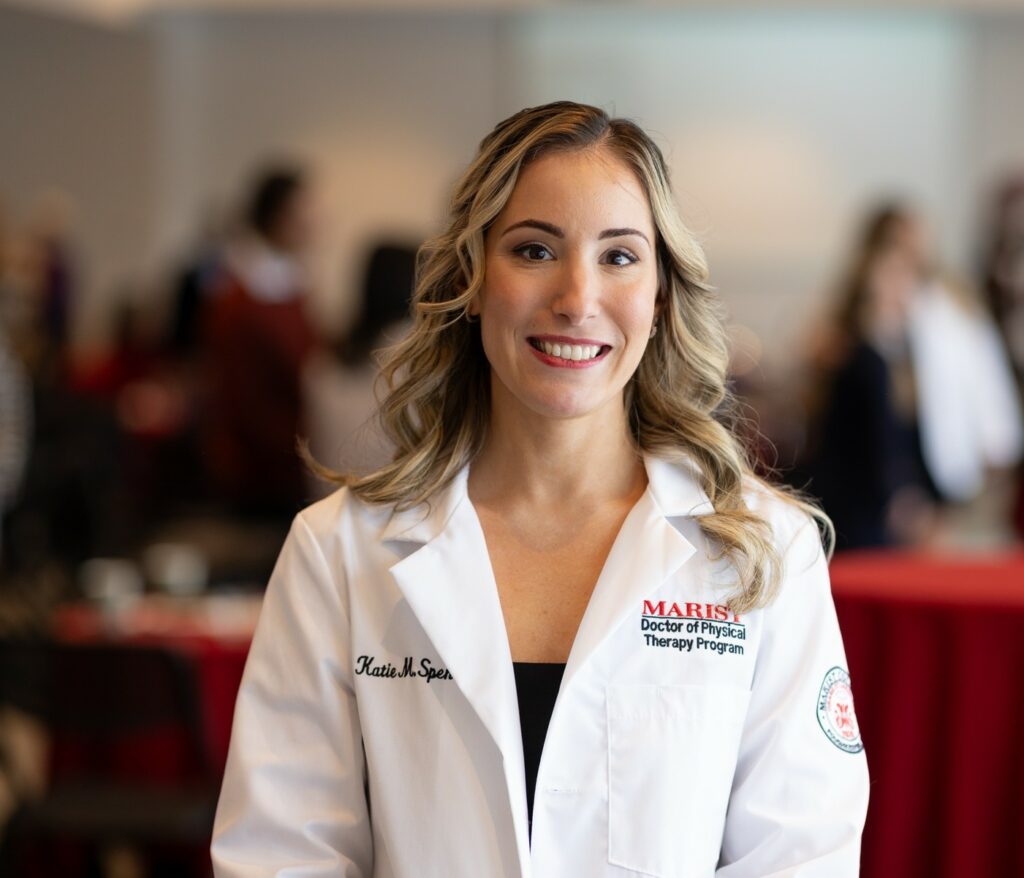
The Young Doctor: One Day, Inshallah
“We are rarely more human than we are when we see the suffering in one another.”
— Omid Safi

